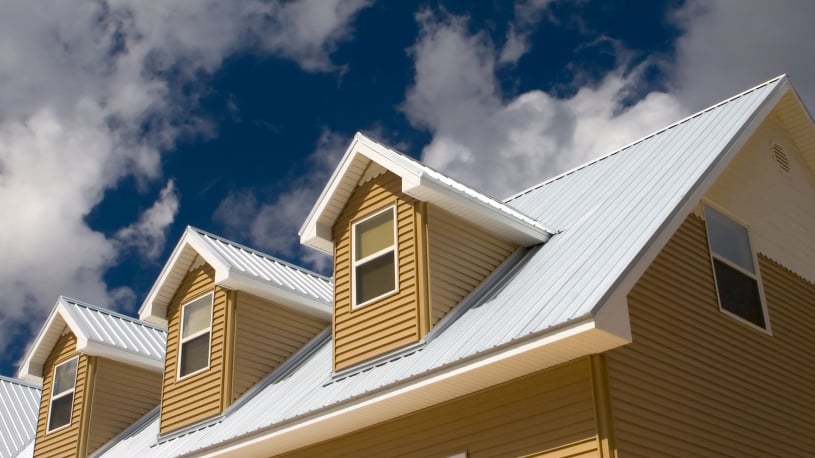Essex, one of England’s most captivating counties, boasts a blend of historic charm and modern vibrancy. Home to over 1.8 million people, it stretches from the bustling commuter towns near London to tranquil seaside escapes like Southend-on-Sea and picturesque countryside villages. This diversity means the architecture ranges from centuries-old timber-framed houses to sleek contemporary developments, each with its own roofing needs. Its varied landscapes, from rolling farmlands to estuaries, also create distinct local weather patterns that demand durable and well-crafted roofs.
The county’s climate is generally mild but unpredictable, with average annual rainfall of around 600mm—slightly below the UK average. Winters can bring frosty mornings, while summers are pleasantly warm, often drawing visitors to the Essex coastline. However, the wind from the North Sea can be unforgiving, particularly for properties near the coast, making professional roofing solutions essential for protecting homes and businesses. Reliable leadwork and weatherproofing are key to keeping properties secure in this environment.
Culturally, Essex is alive with events year-round. The Chelmsford Summer Beer & Cider Festival, Southend Carnival, and the Maldon Mud Race all draw large crowds, highlighting the county’s community spirit. Colchester, Britain’s oldest recorded town, offers a rich historical backdrop with landmarks like Colchester Castle, while seaside towns host traditional pier amusements and seafood festivals. Such variety makes Essex a lively place to live and work, and it’s no surprise that maintaining the county’s diverse building styles requires the expertise of experienced tradespeople.
For homeowners and businesses, keeping a roof in top condition is more than a matter of curb appeal—it’s a necessity. From historic properties in Chelmsford to contemporary apartments in Colchester, roofing companies Essex residents trust know that each project demands a unique blend of traditional craftsmanship and modern techniques. This is especially true when it comes to leadwork, a centuries-old practice that, when done right, offers unmatched durability and weather resistance.





